by Kathryn Wall, MCJC Oral History Project Manager
When the Freedmen’s Bureau and the American Missionary Association opened the first schools for African Americans immediately after the Civil War, they didn’t just bring in white teachers from the North. They also relied on Southern black women to teach millions of pupils of all ages. Women like Sara Stanley, born free in New Bern and educated at Oberlin College in Ohio, returned to the south to take up the task of educating formerly enslaved people. Stanley taught in Norfolk, Virginia, sometimes leading classes of nearly 100 people who wanted to learn to read and write and who had fled behind Union lines to have that opportunity.
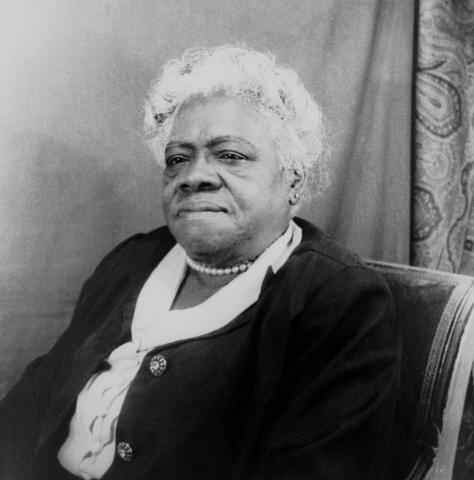
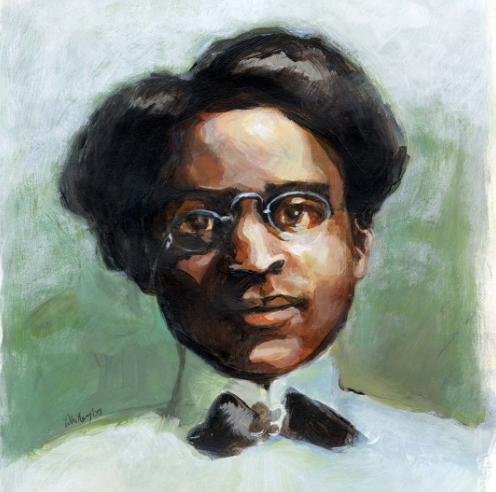
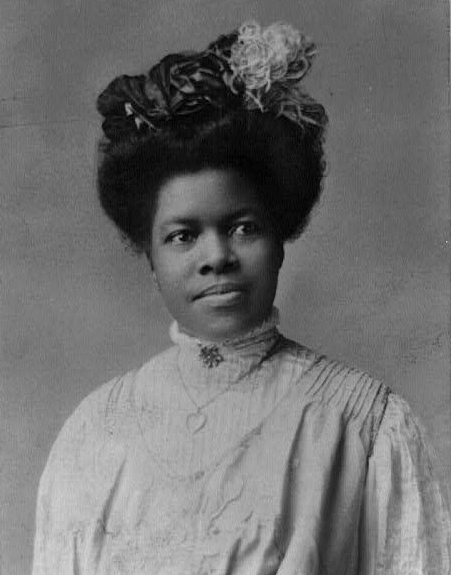
A few decades later, black women were at the forefront of efforts to establish black high schools and colleges. Women like Mary McLeod Bethune opened a boarding school for black girls in 1904, selling sweet potato pies to raise money to keep its doors open. Her school later became Bethune-Cookman College. In 1908, Nannie Helen Burroughs opened the National Training School in Washington D.C., which welcomed African American women into its classrooms in the evenings after working hours. In 1937, Charlotte Hawkins Brown, then, President of Palmer Memorial Institute in Sedalia, NC, convinced Guilford County to open the first high school for rural African Americans in the state of North Carolina. Many of these schools taught African American history, long before it was a part of any state curriculum.
During segregation, black teachers laid the groundwork for Brown v. the Board of Education by documenting the inequality in schools, teaching their students Black History, and inspiring young learners to believe that their hard work and ability would create success. Those lessons were essential when students advocated for equality in the civil rights movement. While many black teachers lost jobs when the schools eventually integrated, others remained and influenced generations of black students. We don’t have to look any further than our own community to see the powerful impact of Northside neighbors like Freda Andrews, Catherine Butler, Lillian Perry Robinson Cannon, Kimberly Fearrington, Frances Neal Hargraves, Pearl Lampley, Lucille McDougle, Sallie Pendergraft, Charlene Register, Addie Robinson, Clementine Fearrington Self, Coretta Sharpless, Euzelle Smith, and so many other women who have had an impact on education.
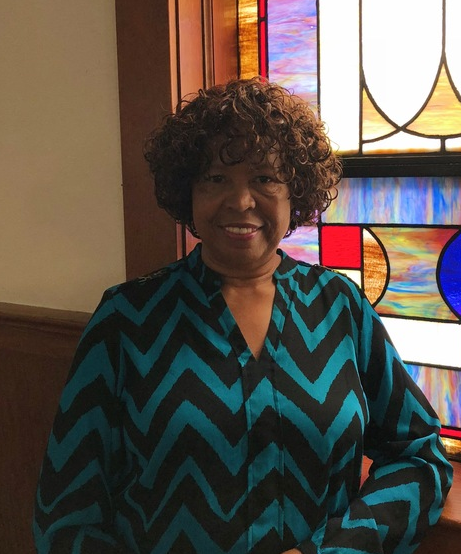
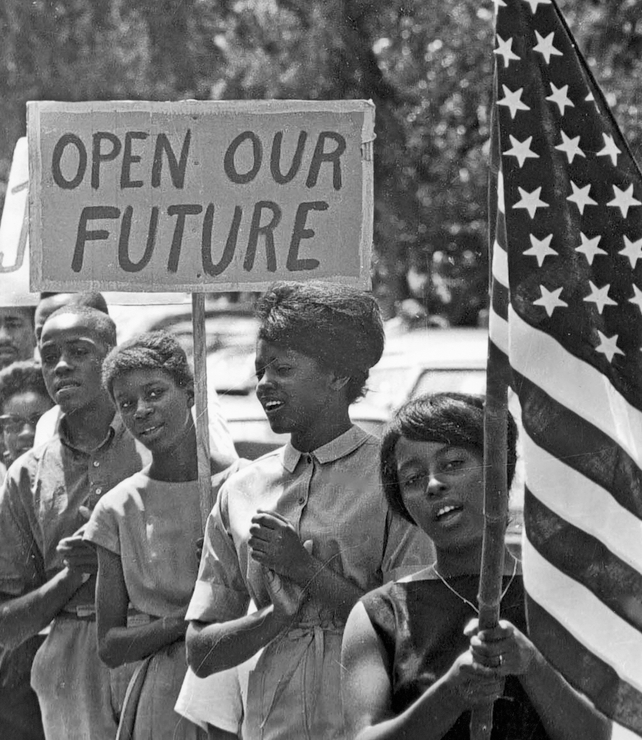
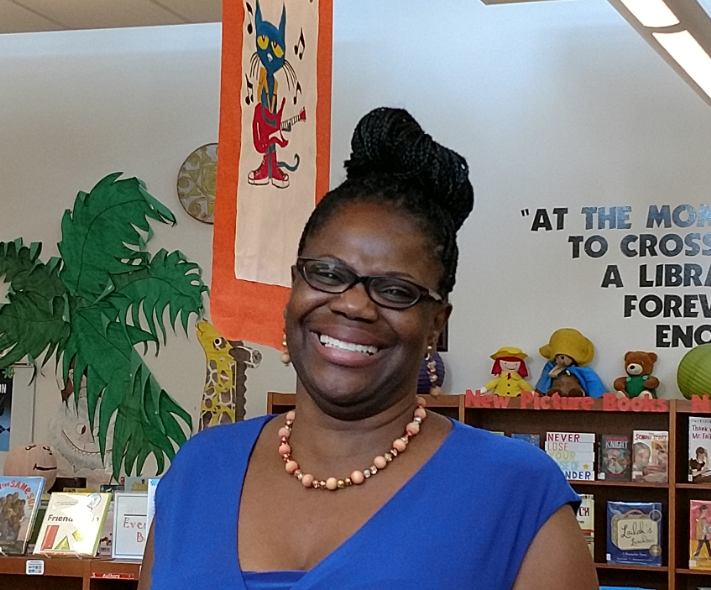
Do you have a story to tell about a teacher who inspired you? We would love to hear about it – contact the Jackson Center and let us know!
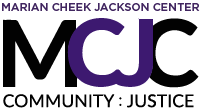
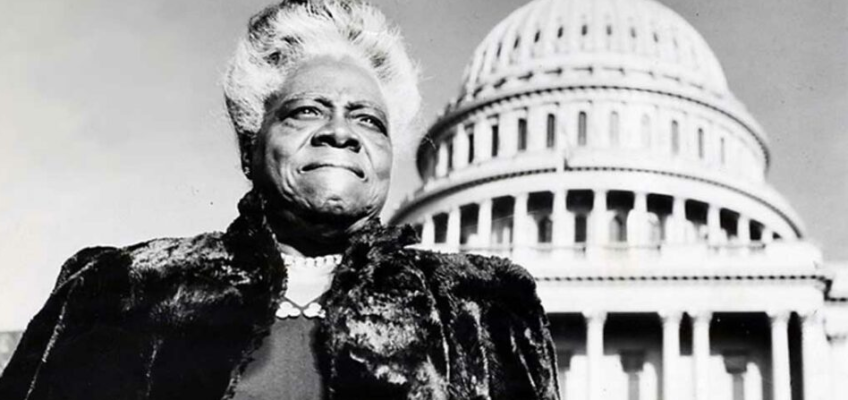
Leave a Reply